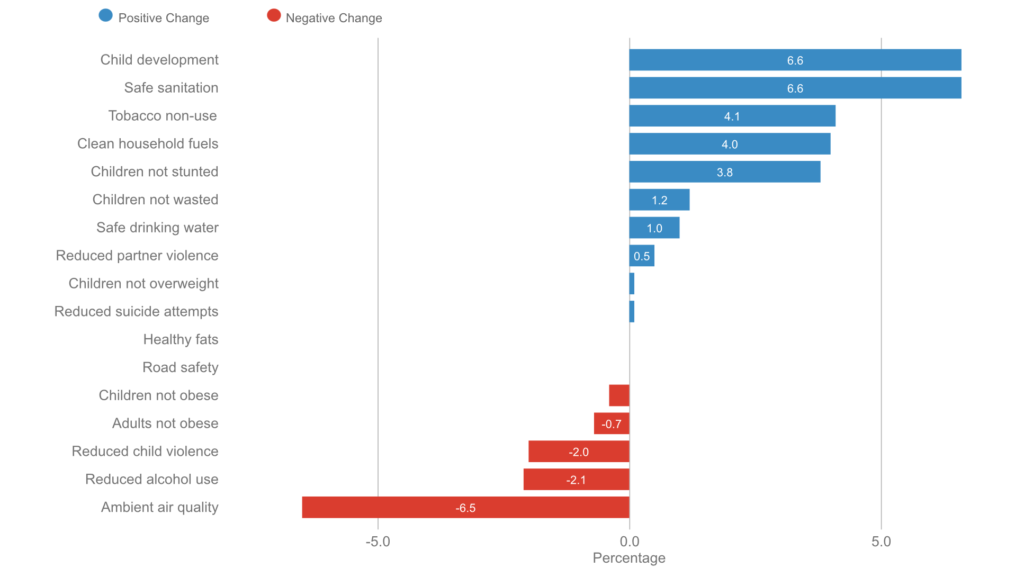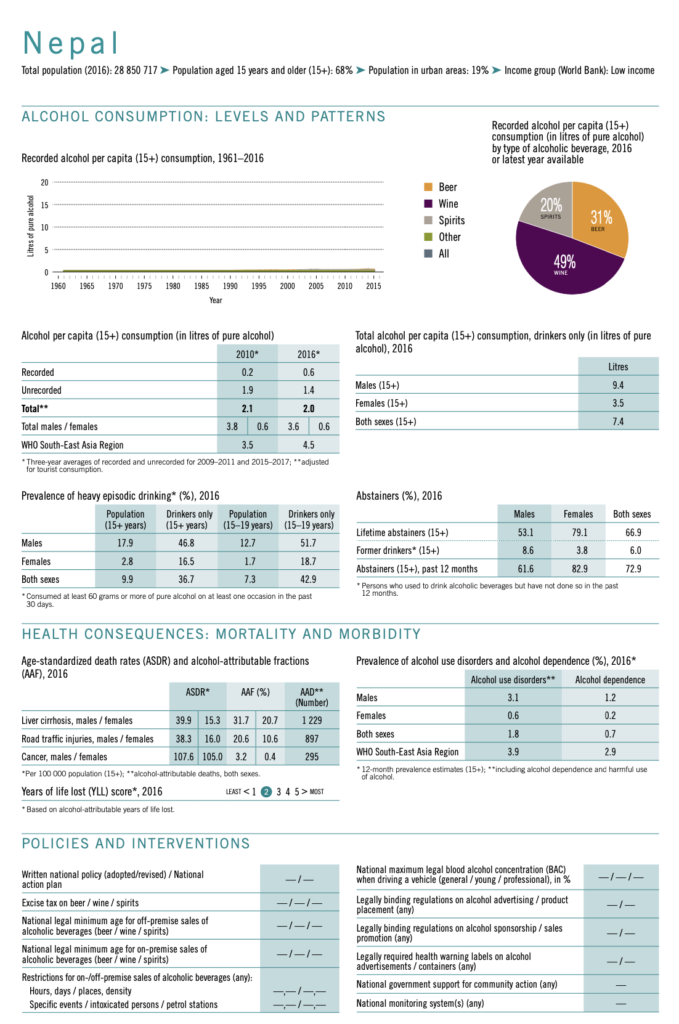The Committee on Sustainable Development and Good Governance of the National Assembly under the Federal Parliament has directed the Government of Nepal to modernize and upgrade the country’s health institutions to ensure the right of the citizens to get quality health services as per the provisions of the constitution.
Stating that government health institutions are starting to look more profit-oriented than service-oriented, the committee has directed to immediately monitor the health services and inform the committee about it. Similarly, the committee has directed the Ministry of Health to make the existing policy rules permanent and to develop a new health strategy.
The committee has directed the Ministries of Finance and Health to formulate a long-term action plan for the control and prevention of non-communicable diseases (NCDs), to formulate necessary strategies to reduce health expenditure and effectively implement the law on the complete ban of tobacco and alcohol advertising, said Chairperson Tara Devi Bhat.
The committee held discussions with health experts, secretaries of the Ministry of Health, the Revenue Secretary of the Ministry of Finance and the Ministry of Stakeholders to analyze the current situation, identify measures to reduce rising health expenditure and explore the need for strategies to be adopted against alcohol, tobacco and NCDs in general.
2017 Alcohol policy not properly implemented yet
The government of the Federal Democratic Republic of Nepal, adopted a new policy to coherently and effectively regulate the alcohol industry in the country.
The core features of the policy are:
- Total ban of alcohol advertisement, promotion and sponsorship.
- Decreasing availability: in the future alcohol will only be sold by especially licensed shops for certain hours.
- Decreasing alcohol availability: the minimum age for alcohol purchases is increased from 18 to 21 years.
- All alcohol containers will have at least a 75% health warning. Nepal will be first country in the world to introduce 75% pictorial warning.
- Alcohol will no longer be used in Government-sponsored programs and events.
- Alcohol is no longer allowed to be sold in public places including heritage sites, educational institutions, and sports complexes.
But failure to implement the alcohol policy in the last three years has led to rising alcohol use and harm.
The WHO country profile for Nepal shows that Nepalese men are affected severely by alcohol harm, for instance considering the prevalence of alcohol use disorder. Liver cirrhosis deaths due to alcohol and heavy episodic alcohol use among youth and adult alcohol consumers is also at worrying levels.
And WHO projections show that the situation is getting worse, not better. Alcohol use is one of the few health risk factors that are project to actually increase in Nepal until 2023.

The need to take more decisive action, especially on alcohol harm in Nepal, is urgent and the evidence is clear about which solutions hold the biggest potential for the people and communities in Nepal.
